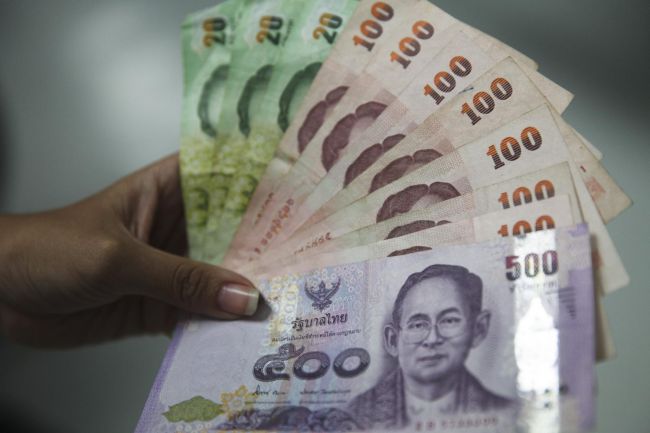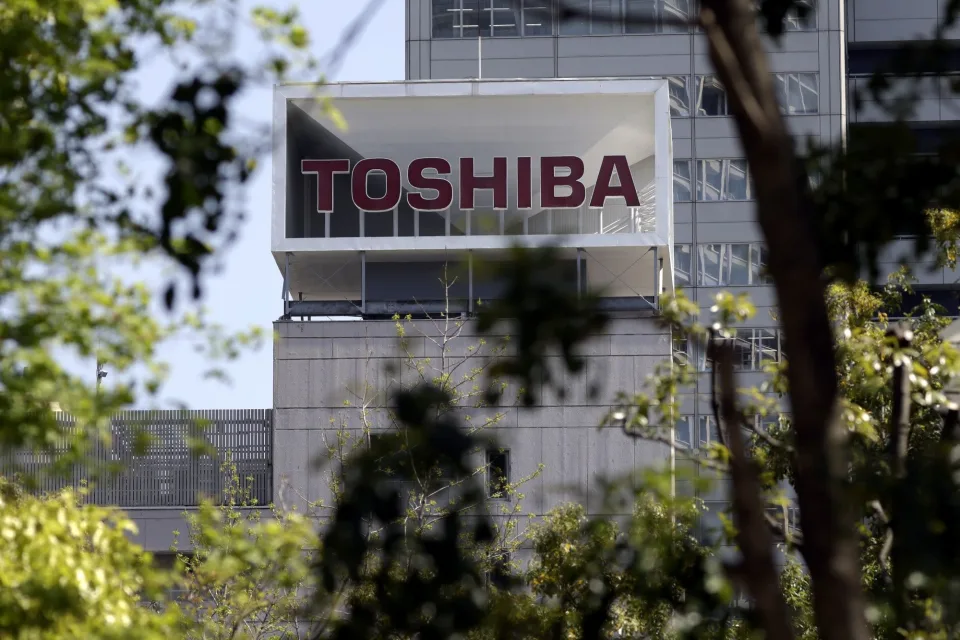BAY foresees baht hike
3 min read
The baht reached a 10-month high against the dollar in November. (Photo by Seksan Rojjanametakul)
The baht’s value is anticipated to surge past the 30-per-dollar mark next year driven by Thailand’s huge current account surplus and the US’s ultra-loose monetary policy, says Bank of Ayudhya (BAY).
The local currency’s value is forecast to hover between 29.50-30.50 baht per US dollar, with an appreciation bias expected throughout every quarter of 2021, said Tak Bunnag, head of global markets group at BAY.
The baht is expected to appreciate to 30 baht per dollar in the first quarter before strengthening to 29.75 in the second quarter, according to BAY. The local currency’s value is forecast to strengthen further to 29.50 and 29.25 baht against the greenback in the third and fourth quarters, respectively.
“The baht’s value tends to get stronger, but it would not appreciate past 29 baht per dollar and we are not expected to see an appreciation of 7-8% as witnessed in 2019,” said Mr Tak.
Despite substantial outflows of net foreign funds seen in Thailand’s capital market earlier this year on the back of panic-selling sparked by the Covid-19 outbreak, offshore funds were detected as net inflows in November in local equities and bonds attributed to a risk-on sentiment encouraged by the US presidential election outcome and Covid-19 vaccine progress.
The firmer baht, which reached a 10-month high against the dollar last month, has stoked concerns about the effect on Thailand’s economic recovery, particularly the export sector.
The Bank of Thailand recently liberalised foreign currency deposits, increased the investment limit in foreign securities for Thai individual investors and established a bond pre-registration system as part of efforts to curb the rapid appreciation of the baht and forge a new foreign exchange ecosystem.
Additional measures by the central bank to rein in the baht’s strength will be unveiled on Dec 9.
The current account surplus will remain as a factor contributing to the baht’s appreciation, said Mr Tak, noting that the total surplus in Thailand’s current account remains larger than total net foreign capital inflows.
Current account surpluses mean a country has more exports than imports of goods and services.
Huge inflows of foreign tourist receipts over previous years also contributed to a huge current account surplus.
Thailand registered a current account surplus of US$17.6 billion on a year-to-date basis as of Oct 30.
In 2019, the current account surplus stood at a massive $38.2 billion.
Thailand’s current account surpluses are forecast at $20 billion and $19.8 billion in 2020 and 2021, respectively, according to BAY.
Mr Tak said the US’s fiscal and monetary policies, particularly keeping interest rates low and targeting twin deficits, meaning fiscal and current account deficits, to stimulate the US economy, will also cause the dollar to depreciate further, with the baht moving in the opposite direction.
The baht’s strength is not expected to surge past 30 baht versus the dollar this year, attributed to the central bank’s measures to stem foreign capital inflows, he said.






